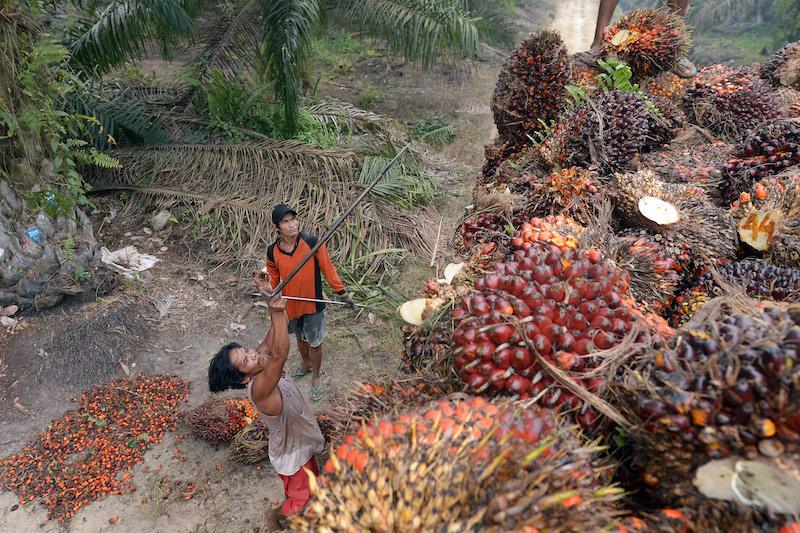Indonesia’s government issued a new regulation on Friday that raises the palm oil export levy up to $375 per tonne, when the edible oil’s reference price reaches $1,500 per tonne, in a bid to tackle the country’s cooking oil shortage.
The new regulation, which took effect immediately, introduced higher progressive rates when the reference price for the edible oil hit at least $1,050 a tonne. For every $50 increase in the reference price, the levy will be raised by $20 up to the maximum of $375 per tonne, according to the finance ministry regulation.





